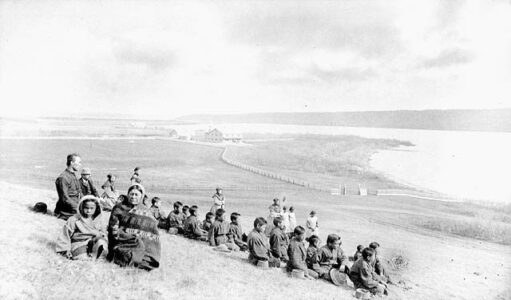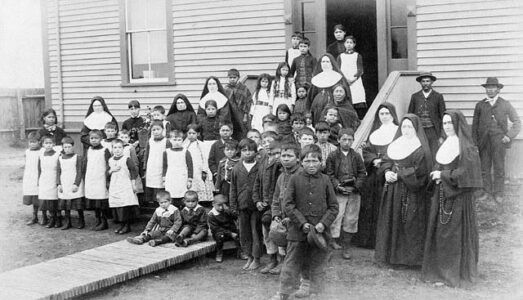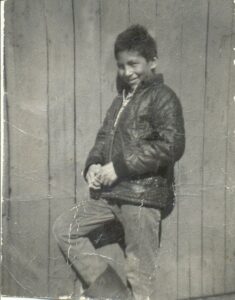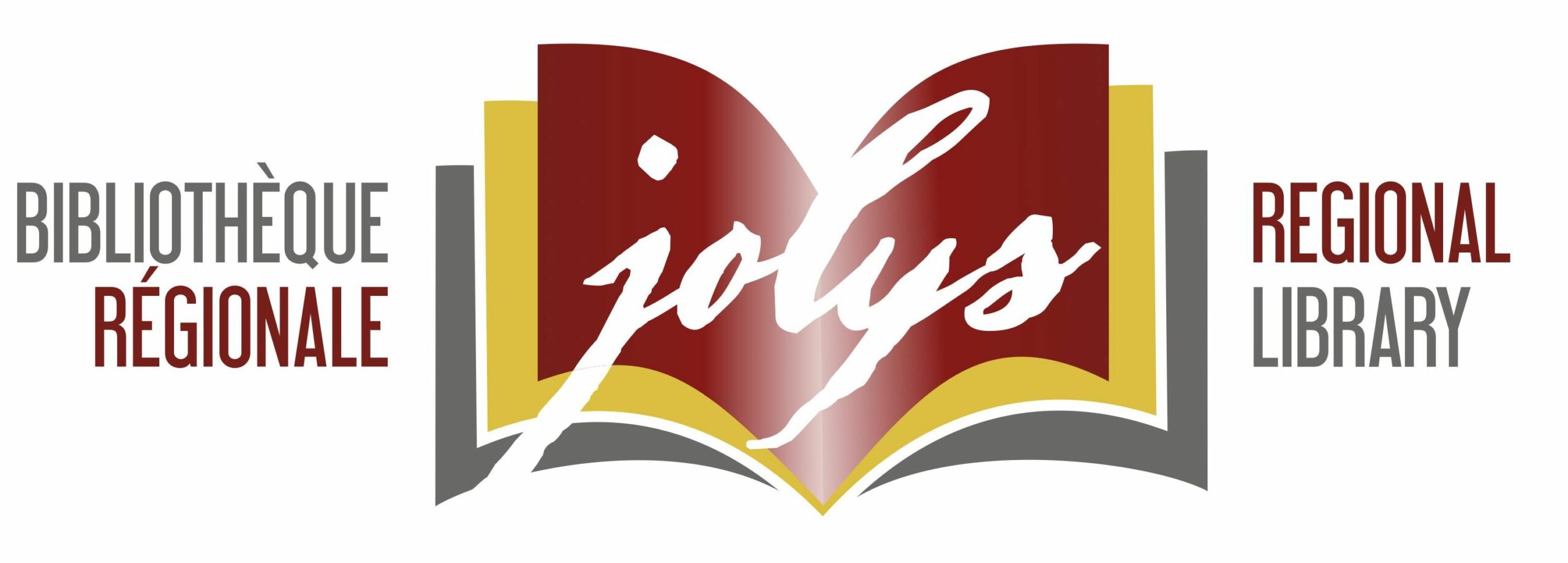December 11, 2022
PDF DOWNLOAD
|
SEARCH AIDS OUTILS DE RECHERCHE
Search Terms (Use for computer searches) Indians of North America – Canada – Residential schools Indigenous peoples – Canada – Residential schools Indigenous Peoples – Education – Canada – History Off-reservation boarding schools – Canada Reconciliation – Canada
Subject Headings (Use in card catalogs and print indexes) Indigenous peoples Reconciliation Residential schools
CALL NUMBERS 371.829 (DDC) 971.004 (DDC) JC580 (LC) |
Scope Statement:
In Canada, the process of reconciliation is tied to the federal government’s relationship with Indigenous peoples. The term has come to describe attempts made by individuals and institutions to raise awareness about colonization and its ongoing effects on Indigenous peoples. Reconciliation also refers to efforts made to address the harms caused by various policies and programs of colonization, such as residential schools.
The Truth & Reconciliation Commission stats that in order for reconciliation to happen in Canada, “there has to be awareness of the past, an acknowledgement of the harm that has been inflicted, atonement for the causes, and action to change behavior.”
This pathfinder will be useful for Canadians in beginning their personal journey of healing and finding information on Truth & Reconciliation.
Introductory Materials:
For an introduction to the topic, see:
- Government of Canada; Crown-Indigenous Relations and Northern Affairs Canada. (2022, September 29). Truth and reconciliation commission of Canada. Government of Canada; Crown-Indigenous Relations and Northern Affairs Canada. Retrieved December 11, 2022, from https://www.rcaanc-cirnac.gc.ca/eng/1450124405592/1529106060525
- Published Online October 5. (n.d.). Truth and reconciliation commission of Canada: Calls to action. The Canadian Encyclopedia. Retrieved December 11, 2022, from https://www.thecanadianencyclopedia.ca/en/article/truth-and-reconciliation-commission-of-canada-calls-to-action
- Truth and Reconciliation Commission of Canada. (2015). Introduction. In Canada’s Residential Schools: Reconciliation: The Final Report of the Truth and Reconciliation Commission of Canada, Volume 6 (pp. 3–18). McGill-Queen’s University Press. https://doi.org/10.2307/j.ctt19qghck.3

In 2007 Canada largest class-action settlement began. One of the elements of The Indian Residential Schools Settlement Agreement was the establishment of the Truth and Reconciliation Commission of Canada to facilitate reconciliation among former students, their families, their communities and all Canadians. The Truth and Reconciliation Commission’s Final Report is a testament to the courage of each and every Survivor and family member who shared their story. The Truth and Reconciliation Commission of Canada (TRC) was meant to lay the foundation for lasting reconciliation across Canada. The TRC’s report was released on 15 December 2015. It argued that the residential school program resulted in cultural genocide and outlined 94 Calls to Action.

Reference Works:
- Canadian Federation of Library Associations. (2022, October 12). Living Bibliography, Retrieved December 11, 2022, from http://cfla-fcab.ca/wp-content/uploads/2022/10/Living-Bibliography.docx.pdf
- CHARLEYBOY, L. (2021). SURVIVOR. Canadian Geographic, 74–80.
- Fraser, C. G., & Stevenson, A. (2022). Reflecting on the Foundations of Our Discipline Inspired by the TRC: A Duty to Respond during This Age of Reconciliation. Canadian Historical Review, 103(1), 1–31. https://doi.org/10.3138/chr-2020-0037
- Neegan, E. (2005). Excuse me: who are the first of Canada? a historical analysis of Aboriginal education in Canada then and now. International Journal of Inclusive Education, 9(1), 3–15. https://doi.org/10.1080/1360311042000299757
- NICOLE WINFIELD and ROB GILLIES – Associated Press. (2022). Canada says pope’s apology to Indigenous not enough. In AP Regional State Report – Montana. Associated Press DBA Press Association.
The select references are a broad overview and are intended to aid you in navigating the various issues related to Residential Schools.
Resources:

Books
- Newman C. & Hudson K. (2019). Picking up the pieces : residential school memories and the making of the witness blanket. Orca Book.
- Slipperjack R. (2016). These are my words : the residential school diary of violet pesheens. Scholastic Canada.
- Truth and Reconciliation Commission of Canada & Fontaine P. (2016). A knock on the door : the essential history of residential schools (Edited and abridged). University of Manitoba Press : National Centre for Truth and Reconciliation.
There are innumerable books by various authors on the subject, each important to our Nations journey to reconciliation.

Journals/Periodicals
- Fontaine, Lorena Sekwan. 2017. “Redress for Linguicide: Residential Schools and Assimilation in Canada.” British Journal of Canadian Studies 30 (2): 183–204. doi:10.3828/bjcs.2017.11.
- Mccracken, K. (2019). Challenging Colonial Spaces: Reconciliation and Decolonizing Work in Canadian Archives. Canadian Historical Review, 100(2), 182–201. https://doi.org/10.3138/chr.2018-0033
- Thomas, G. (2020). Former Portage la Prairie Indian Residential School Designated a National Historic Site. Prairie History, 3, 86.
Peer Reviewed information add credibility to your research. The relate to Residential school and their negative impact.

Multimedia Resources
- Finding heart. YouTube. (2016, April 1). Retrieved December 11, 2022, from https://youtu.be/V1NQ_tgR_oA
- Remembering the forgotten children – muskowekwan residential school film. YouTube. (2018, January 2). Retrieved December 11, 2022, from https://youtu.be/hwjpFTob4r0
- Survivor Janet Longclaws. YouTube. (2021, October 6). Retrieved December 11, 2022, from https://youtu.be/YhNdEuk8u4g
Canadian are collectively working toward Reconciliation. The above video will aid in better understanding our past, in order to move forward as a nation. For additional videos compiled by The National Centre for Truth and Reconciliation visit https://www.youtube.com/@nationalcentrefortruthandr92/featured

Organizations and Special Collections
- Canada, L. and A. (2022, August 27). Government of Canada / gouvernement du Canada. Library and Archives Canada. Retrieved December 11, 2022, from https://library-archives.canada.ca/eng/collection/research-help/indigenous-heritage/Pages/truth-reconciliation-commission-web-archive.aspx
- First Nations Caring Society: First nations caring society. First Nations Caring Society | First Nations Caring Society. (n.d.). Retrieved December 11, 2022, from https://fncaringsociety.com/home
- Home. NCTR. (n.d.). Retrieved December 11, 2022, from https://nctr.ca/
- Indian Residential School Survivors Society. (n.d.). Retrieved December 11, 2022, from https://www.irsss.ca/home
The above noted National organizations are dedicated to speaking the Truth and aid Canadians as they move forward in their reconciliation journey.
